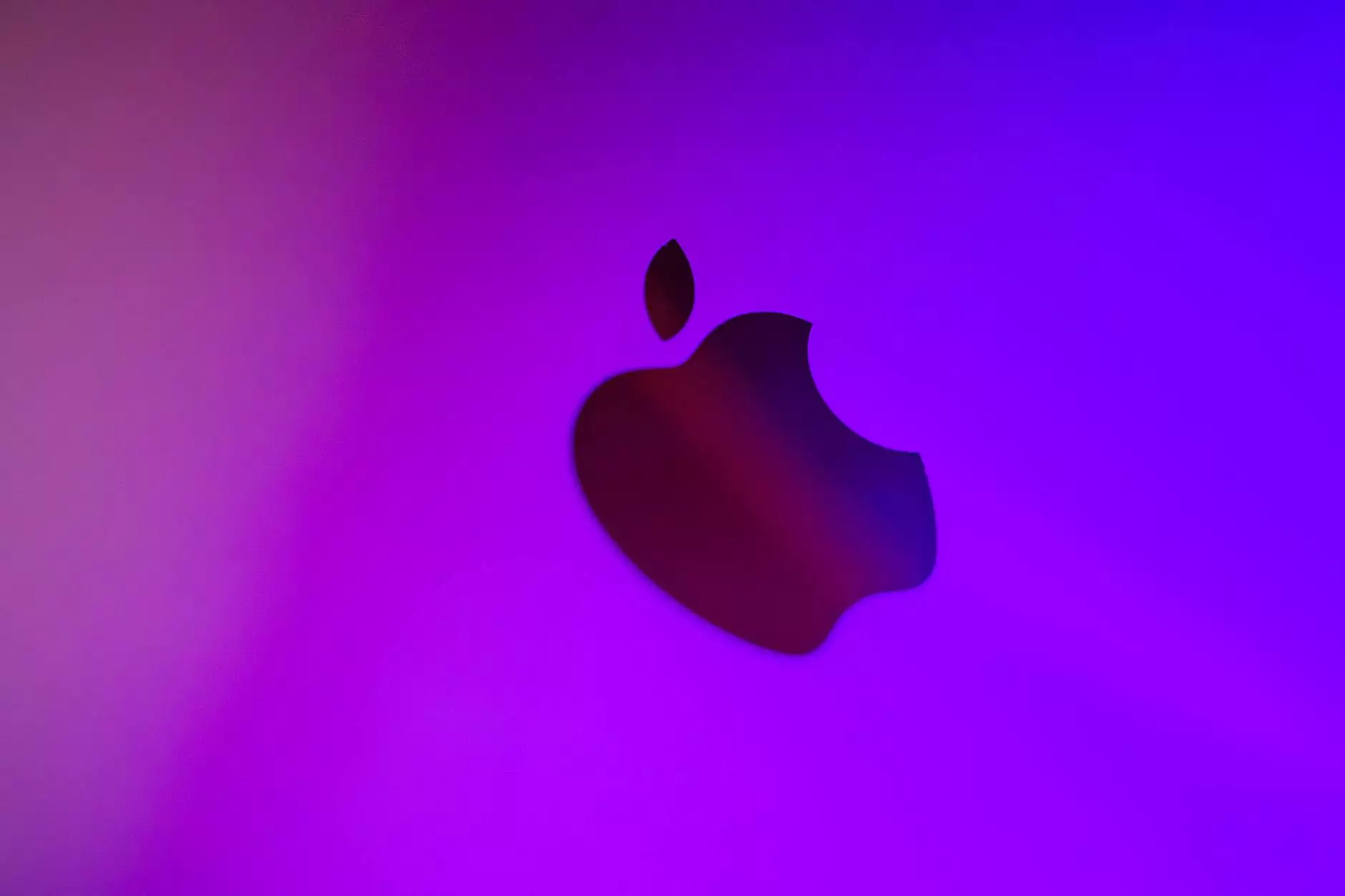7 Things Marketers Screw Up at Their First Virtual Event
Marketing
Introduction
Welcome to Urayus Home Improvement Marketing, where we specialize in providing top-notch digital marketing services for businesses in the Home Improvement industry. In this article, we will explore the 7 common mistakes marketers tend to make when organizing their first virtual event. By understanding these pitfalls and learning how to avoid them, you will be able to optimize your virtual event and ensure its success.
1. Lack of Proper Planning
One of the main reasons marketers fail at their first virtual event is the lack of proper planning. It is essential to develop a detailed roadmap for your event, including setting goals, defining target audience, determining the event format, and creating a comprehensive timeline that outlines all necessary tasks.
2. Ignoring Technical Considerations
Technical issues can be detrimental to the success of your virtual event. Ensure your website or platform is capable of handling the expected traffic, provide a seamless user experience, and offer responsive customer support. Consider conducting a trial run to identify and resolve any potential technical challenges beforehand.
3. Inadequate Promotion and Marketing
A common mistake is assuming that just because your event is online, it will automatically attract attendees. Effective promotion and marketing are crucial. Utilize various channels such as social media, email marketing, search engine optimization (SEO), and collaborations with industry influencers to spread the word about your event and maximize attendance.
4. Failure to Engage Attendees
Engaging attendees during a virtual event is essential to keep them interested and focused. Incorporate interactive elements such as live polls, Q&A sessions, and networking opportunities. Additionally, segment your audience and customize content to their specific needs and interests.
5. Lack of Compelling Content
The success of your virtual event heavily relies on the quality and relevance of the content you offer. Ensure your presentations, panel discussions, and workshops are informative, engaging, and provide actionable insights. Collaborate with industry experts to enhance the value and credibility of your event.
6. Insufficient Follow-up and Engagement Post-Event
Don't miss out on the opportunity to connect with your attendees even after the event is over. Follow up with personalized emails, thank-you notes, and surveys to gather feedback. Encourage continued engagement through relevant content and provide resources that attendees can refer to in the future.
7. Neglecting Data Analysis and Insights
To improve future events, it's crucial to analyze the data gathered during and after your virtual event. Review attendee feedback, track key performance metrics, and gain insights into attendee behavior and preferences. Use this information to refine your strategies and make data-driven decisions for upcoming events.
Conclusion
Organizing a successful virtual event requires careful planning, effective promotion, engaging content, and post-event follow-up. By avoiding the common mistakes discussed in this article and implementing best practices, you can optimize your first virtual event and set the stage for future success. Partner with Urayus Home Improvement Marketing, the industry experts, to maximize the reach and impact of your virtual event. Contact us today to get started.




